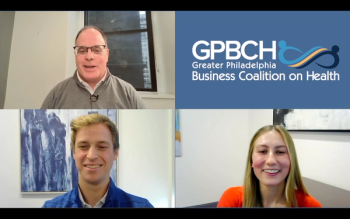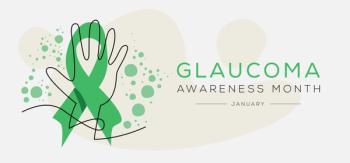
Tackling Mental Health in the Workplace

Most of us go to work every day wanting to put our best foot forward, but if you are struggling with anxiety, depression, addiction, or any other mental health condition, doing your best can be extremely difficult.
According to the National Institutes of Health (NIH), 1 in 4 US adults is suffering from a diagnosable mental health disorder. That’s 25% of the American workforce. NIH goes on to say that many people suffer from more than one mental health condition, with substance use and anxiety often co-occurring with depression.
These statistics are concerning, particularly for small and large business owners who recognize their employees are often the faces and backbones of their organizations. Employees who struggle emotionally may have trouble focusing, meeting deadlines, or showing up to work altogether.
According to the CDC, depression significantly interferes with a person’s ability to do their job, impacting physical job performance in approximately 20% of depressed workers and cognitive job performance in approximately 35% of depressed workers.
What’s more alarming is that many depressed workers aren’t receiving treatment, including 43% of those with moderate depression and 60% of those with severe depression.
It’s been widely reported that the COVID-19 pandemic increased the need for mental health care services in our community, with Capital District Physicians' Health Plan (CDPHP) seeing a staggering 40% increase in utilization of mental health and substance use services since March 2020. However, on a positive note, the pandemic provided an opportunity to discuss mental health more openly and has helped to reduce the stigma associated with it.
With an increased spotlight on mental health in the workplace, employer attention to mental wellness has gone from nice-to-have to a business imperative. Fortunately, there are simple things employers can do to support the mental health of their workforce, including:
- Accommodating flexible work arrangements/schedules
- Allowing and encouraging employees to take a phone or video doctor’s visit from the office, including to meet with a therapist
- Referring employees to employee assistance program (EAP) or their health plan for added support
- Encouraging stress management techniques in the workplace, including meditation
It’s equally important that business owners be on the lookout for signs their employees are struggling. Warning signs can include:
- Mood and behavior changes, particularly decreased energy or activity
- Relationship conflicts at home or at work
- Changes in sense or definition of fun
- Increased use of alcohol or illegal drugs
If you notice any of these behaviors, request to meet privately with the employee, express empathy, and let them know what services are available to them.
Increased attention to the mental health of your workforce improves your bottom line (as happy, healthy employees are more focused, engaged, and productive), boosts morale, and fosters a positive workplace culture.
CDPHP works hard to support the mental wellbeing of our own employees, as well as the 400,000 individuals enrolled in our plan. For more information on the mental health and substance use benefits offered by our plan, visit the
Newsletter
Stay ahead of policy, cost, and value—subscribe to AJMC for expert insights at the intersection of clinical care and health economics.









